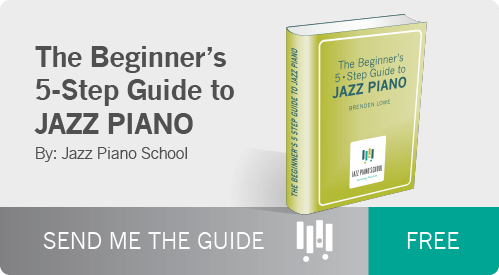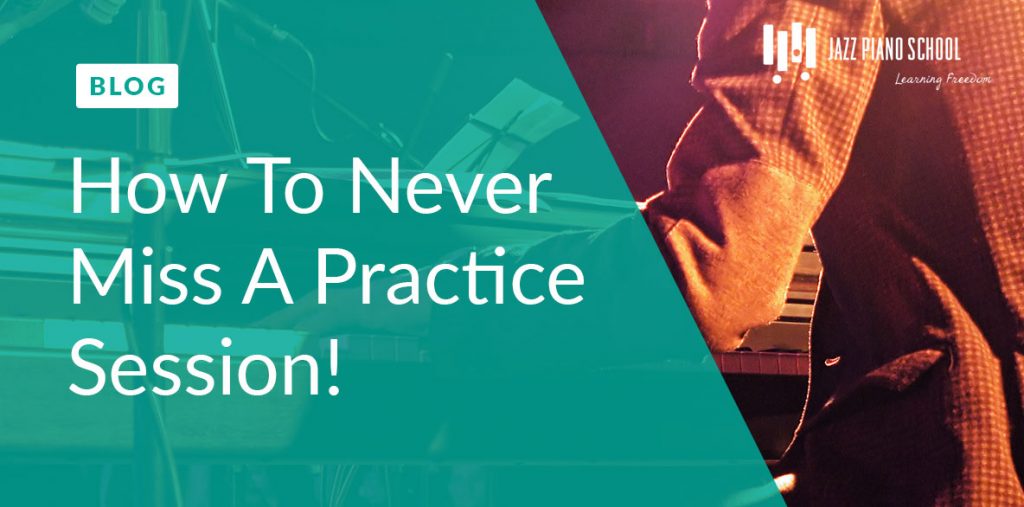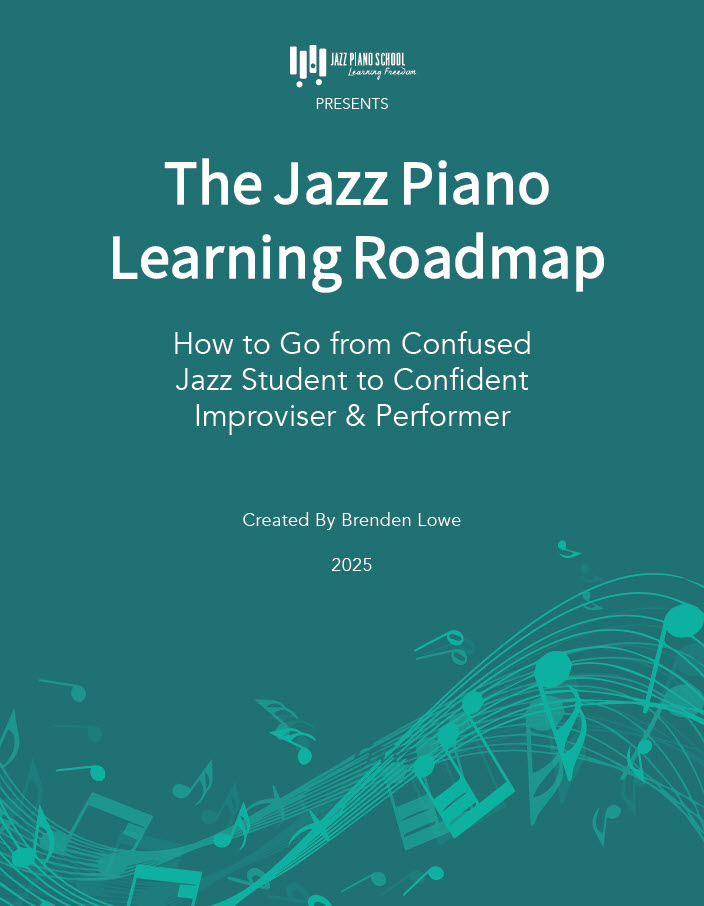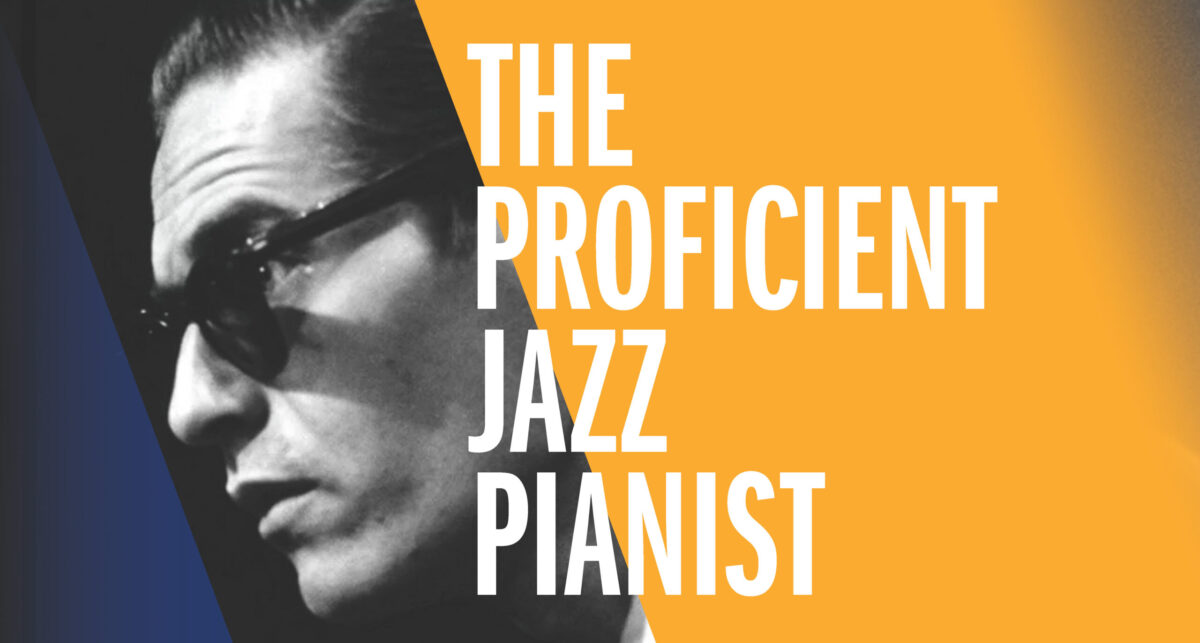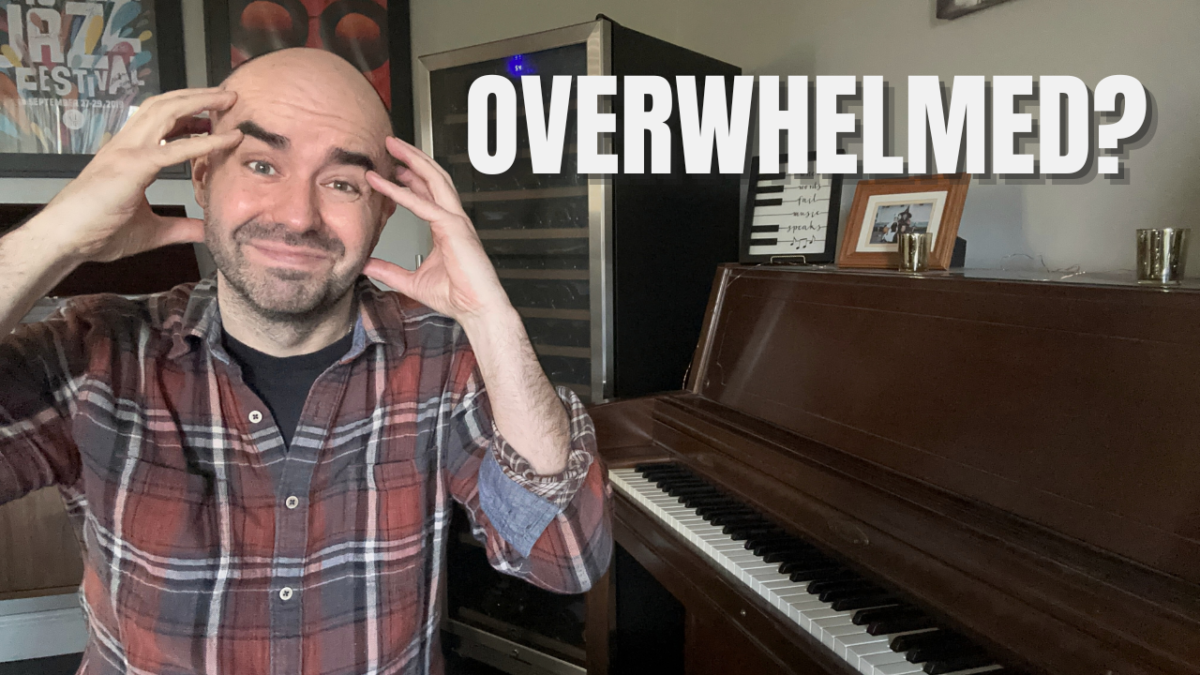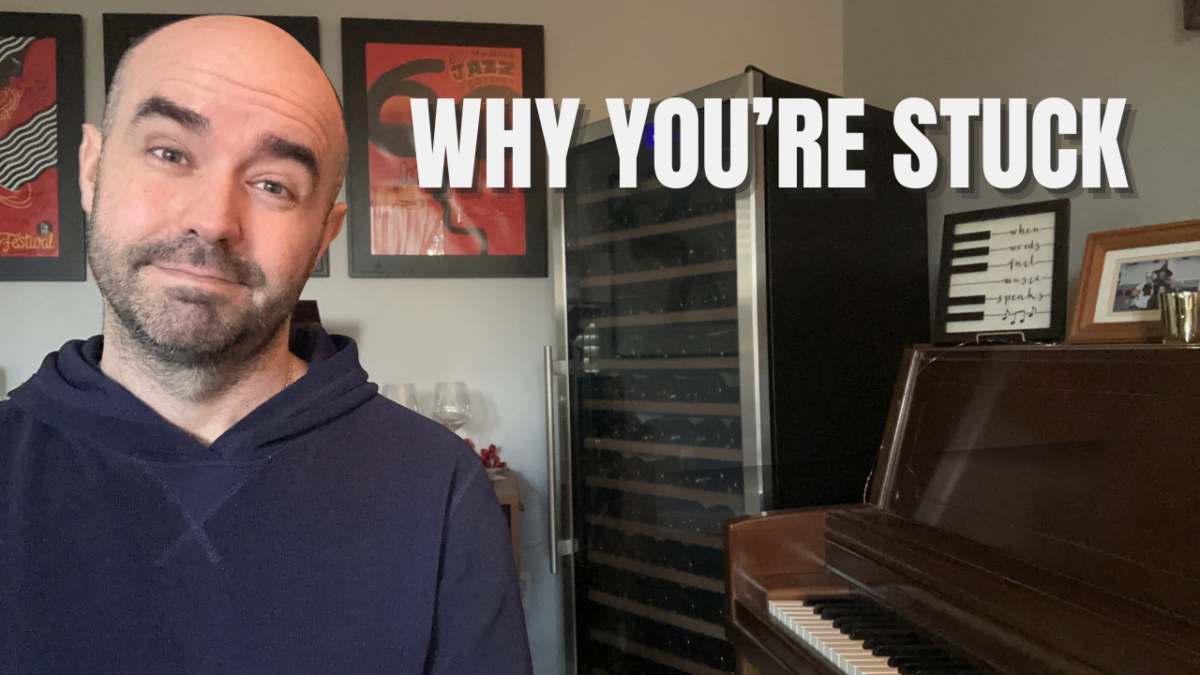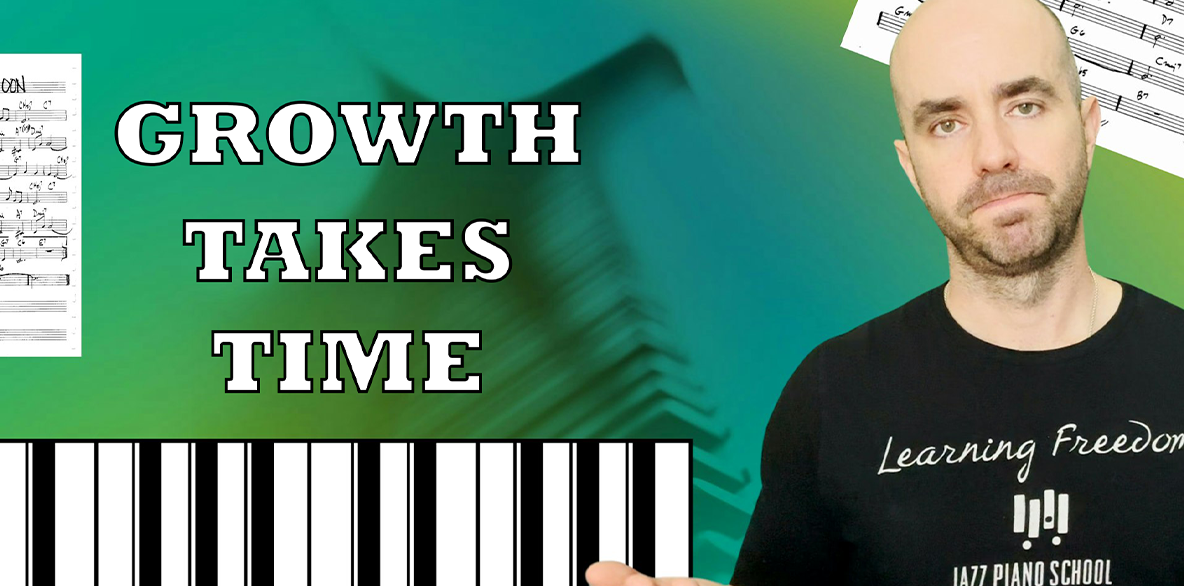Have you ever told yourself you were going to practice and found yourself wondering what happened 3 days later? Here are some tips to help ensure you never miss a practice session again.
#1 Find your practice time
Not all times of day work for me to practice. I simply cannot practice in the morning. I used to
try and wake up and make practicing my first task of the day. I usually ended up drinking coffee,
going on Facebook, and then not practicing. Typical right? One day I switched my schedule
around and practiced in the evening. It felt great for some reason! I tried it the next night, right
before going to bed! That felt good as well! This went on for about 5 months straight in which I
didn’t miss a practice session. By the way these were sessions of ten minutes in which I would
focus on something I needed to improve. From playing in the key of B to comping rhythms.
Different times of the day are going to be best to practice for different people. You need to
experiment until you find the time that works best for you.
#2 Set an appointment in your schedule for the practice time
Your practice sessions must be a priority in your head, otherwise there is no way you will
keep them. Once you determine what time works best for your practice session, physically put
the time in your appointment book or iphone. Whatever you use to keep appointments. When
the alarm goes off for you too practice you will feel as if this is apart of your daily schedule,
which it is! When your practice session is a tangible appointment you will feel guilty if you don’t
stick to it! So be sure when creating your weekly or monthly calendar, insert your practice times just as you would meetings, or any other important task.
#3 Remove distractions
A while ago, while practicing, I would always have my laptop open, my phone next to me and the tv on. Is this
anyway to practice? Absolutely not. Did I learn anything or make progress? Definitely not. All I
was doing was wasting time. Remove all the things that may distract you from your focused practice time. This may even be sheet music of tunes you already know that are on your music stand. Often I would find myself practicing and then wind up playing some tune I already know! That’s not practicing, that is just playing. Make sure your environment is set up to ensure you focus for your ten minute practice session. Perfect focus for a short amount of time always trumps long practice sessions with distractions.
#4 Map out what to practice
Not knowing what to practice can be just as bad as missing an appointment all together.
Without a map of what you need to work on there is no way to make progress. When you are
driving somewhere in a car you use a map to get to where you want to be. These days we use
GPS, but you get the picture. You need to map your route to accomplish your goals. If you
are trying to learn the blues better then break it down into 5 days. Day 1 practice first 4 bars.
Day 2 practice bars 5-8. Day 3 practice 9-12 Day 4 Practice all 12 bars. Day 5 practice
improvising over all 12 bars. When you have a written out plan to follow it will make it that much
easier for you to simply sit down at your piano and start grinding out your work
#5 Keep your practice sessions fresh
It’s extremely easy for humans to burn out while working on a single topic or idea. The same thing is
true for practicing. If you have spent a week on one category, change to a different weakness the next. Keeping your practice fresh will always keep you wanting more. You won’t find yourself getting bored and frustrated with the work. You’ll hop out of bed eager to hit the keys. Literally. Ha! I know, I know. Make sure to switch between the four topics I list here on the site. Technique, Theory, Repertoire, and Improvisation. When you’re constantly switching it up you’ll always be making progress and motivated to learn.
Happy Practicing!
Brenden
[Tweet “Follow us so you never miss a session! #jazzpiano #jazzpianoschool”]
Feel free to subscribe to our email tips and bonus content. Simply click below.
(Note: Do you want to start learning more about jazz piano in a way that’s organized and structured? Are you looking for a starting point? If so, check out our FREE beginner guidebook to get the scoop!)
